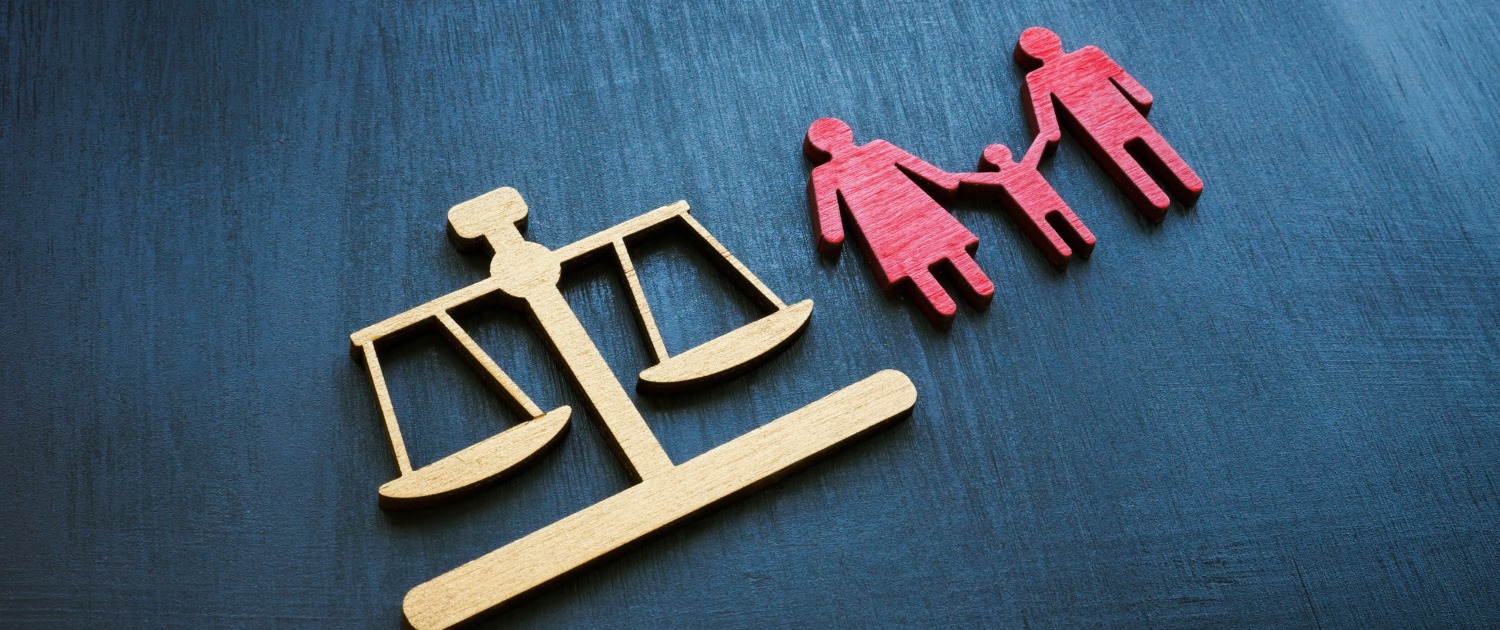There are many critics of the HCCA, at least with respect to how it is implemented in the U.S. The HCCA was supposed to make intercountry adoptions easier."
The Hague Convention on Child Adoption has been in the news lately, with some critics arguing that changes are needed to encourage international adoption. The international adoption treaty’s full name is the Hague Convention on Protection of Children & Cooperation in Respect of Intercountry Adoption (the “HCCA”). The HCCA became effective in the U.S. in 2008 after the Senate ratified the treaty.
In general, the HCCA was drafted and ratified as an effort to prevent abduction, sale, and/or trafficking of children. There has long been a deplorable trade of children for adoption and for more nefarious purposes. So, the HCCA aimed to prevent those practices and to establish international standards for adoption. In brief, the HCCA establishes that the legal standard for intercountry adoptions is the “best interests” of the child/children. This generally requires that the country of origin for the child makes a determination that the child is eligible for adoption to the adopting country and that the child will be unable or unlikely to find adoptive parents in the child’s country of origin. The HCCA is also intended to provide procedural protections for birth parents and also protect adoptive parents from having birth parents claim — years later — that the adoption was not valid.
In terms of country-level procedure, the HCCA requires that signatory countries establish a “Central Authority” to be the authoritative source of information and point of contact in that country. Countries can establish their Central Authorities in any government agency. The U.S., for example, has placed its Central Authority in the Department of State.
As noted, there are many critics of the HCCA, at least with respect to how it is implemented in the U.S. The HCCA was supposed to make intercountry adoptions easier. Instead, bureaucratic rules, processing delays, backlogs, and other factors have made matters worse. As reported, in the early 2000s, there were over 20,000 international adoptions to the U.S. That number is less than 2,000. The other criticism is that costs have risen significantly.
It is unlikely that any significant change will be made in the regulations effectuating the HCCA. Thus, if you are trying to adopt a child from an HCCA country, you will need the most experienced and talented legal and legal support that you can find.
In terms of procedures for adoptive parents, in very brief outline, the HCCA adoption process involves these steps:

If you need international litigation support, contact Ancillary Legal today. Our team has significant experience and can support all your domestic and international litigation needs. If you need support for your depositions, court reporting, transcripts, and videography, contact us at Elizabeth Gallo Court Reporting.
International Litigation Support From Ancillary Legal – Hague Adoption Convention
If you need international litigation support, contact Ancillary Legal today. Our team has significant experience and can support all your domestic and international litigation needs. If you need support for your depositions, court reporting, transcripts, and videography, contact us at Elizabeth Gallo Court Reporting.